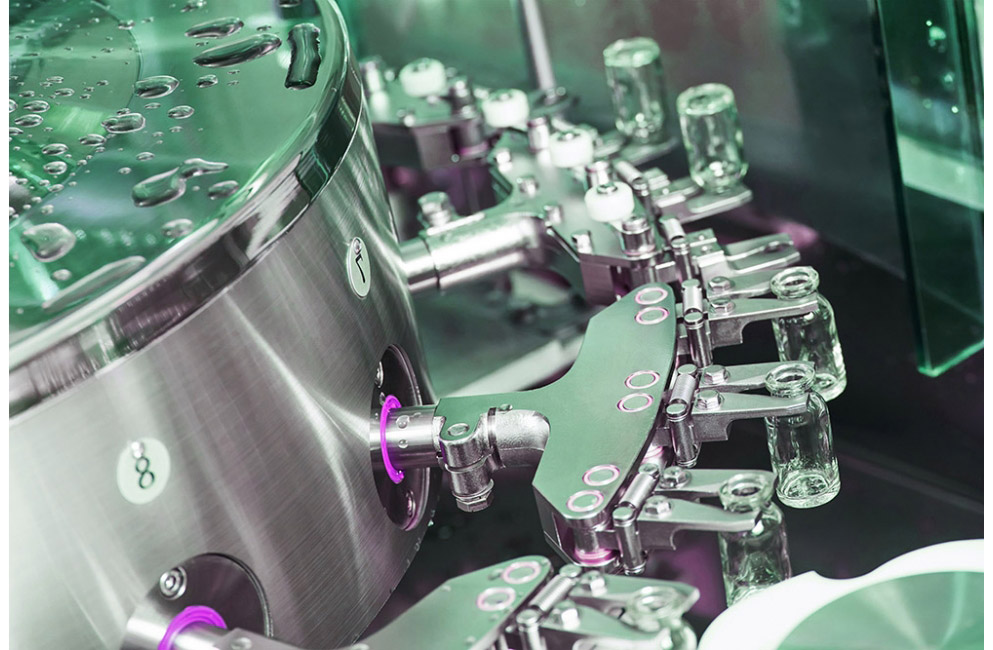GMP Compliance in a Pharmaceutical Company

How to Sustain GMP Compliance in Your Pharmaceutical Company
The pharmaceutical industry in every country is heavily regulated by central and state authorities. They have developed GMP compliance regulations to enhance the safety of pharmaceutical products and to ensure that patients get only the highest quality of medicines.
Being compliant with GMP regulations is good for your company as well. It drastically reduces the number of batch recalls and decreases the number of adverse reactions reported in patients from different geographical localities. Not to forget, both these facts have direct impact on your reputation.
So what measures can you take to sustain the GMP compliance in your own firm?
Set up a Quality Team
Having a team of skilled workers focused on improving quality and complying with GMP is the building block of your mission to manufacture quality products. Pick up one efficient member from every department including manufacturing, testing, storage and distribution to build a team with diverse experience and knowledge. The members should thoroughly analyse and discuss the problems occurring in routine operations.
Quality Assessment
When the team identifies root cause of any problem, they can decide whether it has the potential to deter the GMP compliance. Their views and results are used as inputs to develop appropriate improvement measures. For example, if the assessment by quality team shows a processing or instrument error that can affect the quality of products, the remedial measures should target to eliminate the error.
Validation Activities
Many employees in pharmaceutical companies still don’t clearly know what validation really is. Well, it’s just a documented act of demonstrating that the instruments, processes and activities used in your firm regularly lead to expected results without any hindrance. Since GMP requires a number of things to be validated, make it an ongoing process focusing on the following aspects:
- Process validation
- Cleaning and sanitation validation
- Computer system validation
- Analytical method validation
Surprise Audits
An unexpected audit of every department gives you fair idea about what’s going on in the facility and the level of GMP compliance. It helps you identify the real sources of non-compliance. Take appropriate measures to curb the situation before it deteriorate.
Share the findings and solutions with employees in all the departments. Invite them to send their feedback along with new ideas to improve compliance.
Monitor the Performance
Schedule the monitoring of instruments, equipments, processes and staff skills at specific intervals to achieve greater efficiency. Sometimes the employees in production department may be ignoring a problem with an equipment just because it has become a common incident.
Compliance Training
Perhaps the best way to ensure GMP compliance is to provide your staff compliance training, educate them and let them realise the importance of Good Manufacturing Practice. It’s an effective way for pharmaceutical manufacturers, medical device companies and food product firms to ensure the safety and effectiveness of their products.
The employees at work should have received prior training on record-keeping, sanitation, equipment handling, labelling, constant vigilance, Standard Operating Procedures, ways to minimize errors, etc.
Without compliance, all the guidelines, manuals, instructions and principles are worthless. What’s the use of all those rules if you aren’t following them? That won’t yield desired outcomes. So, GMP compliance is an important part of any pharmaceutical firm and its reputation.
